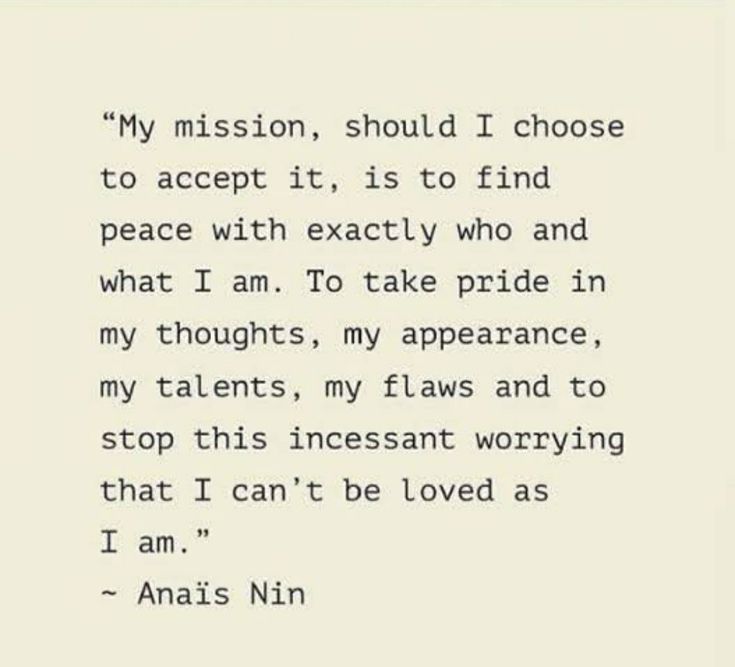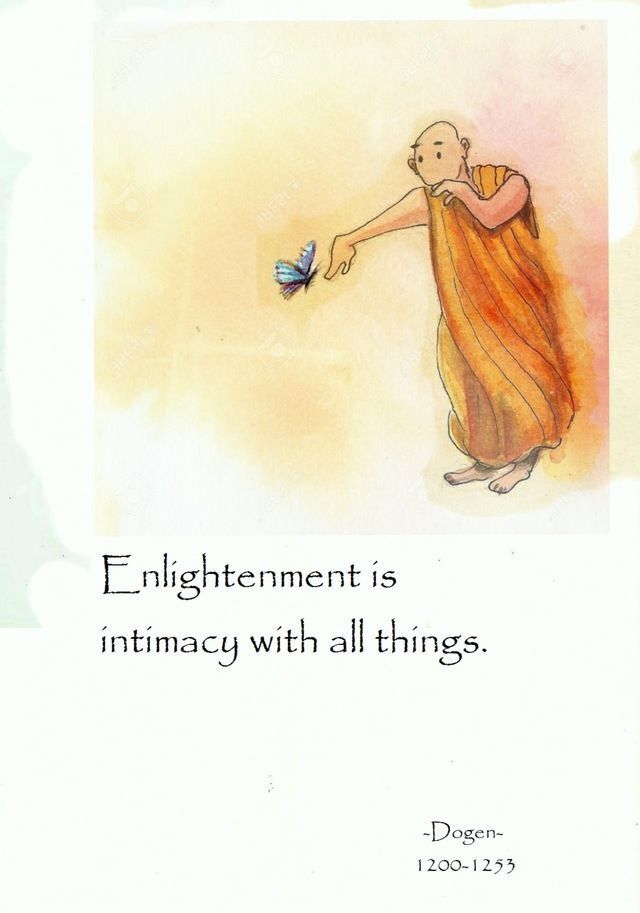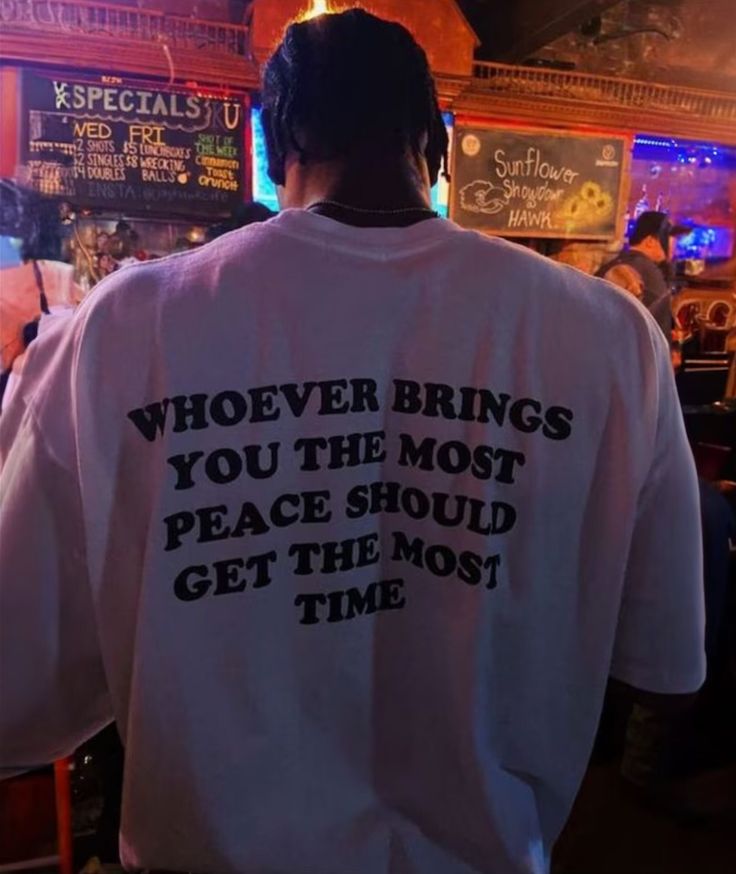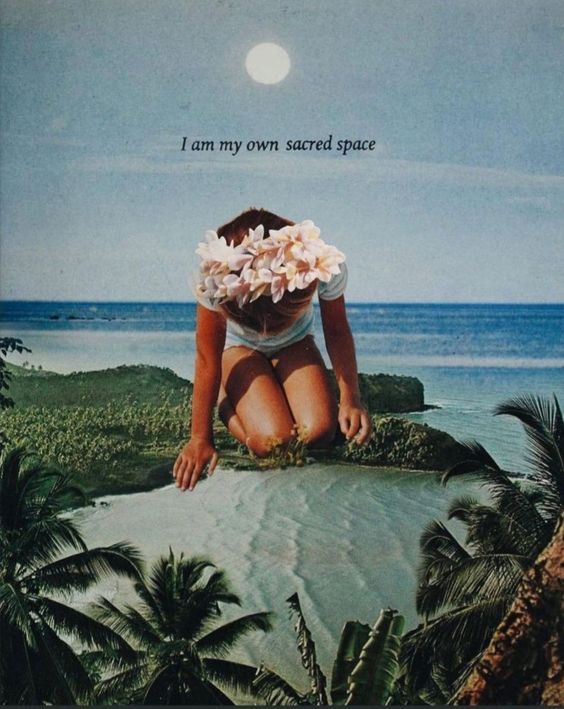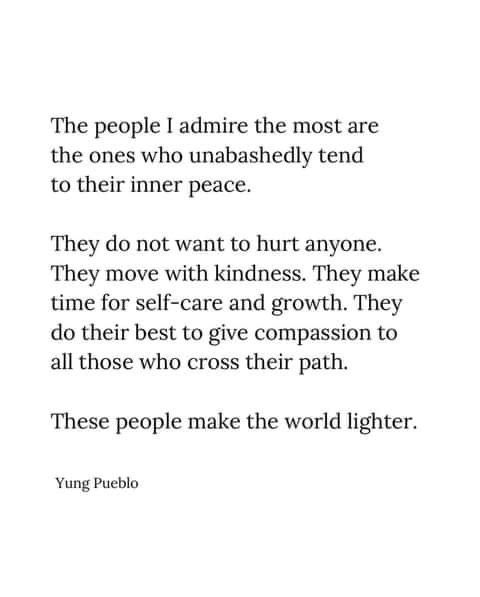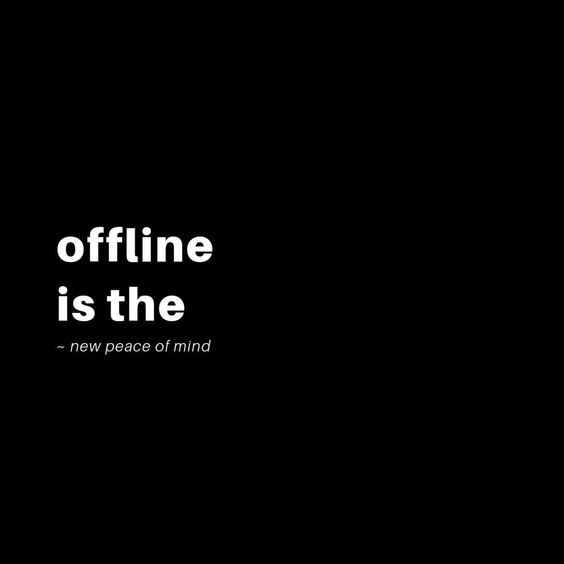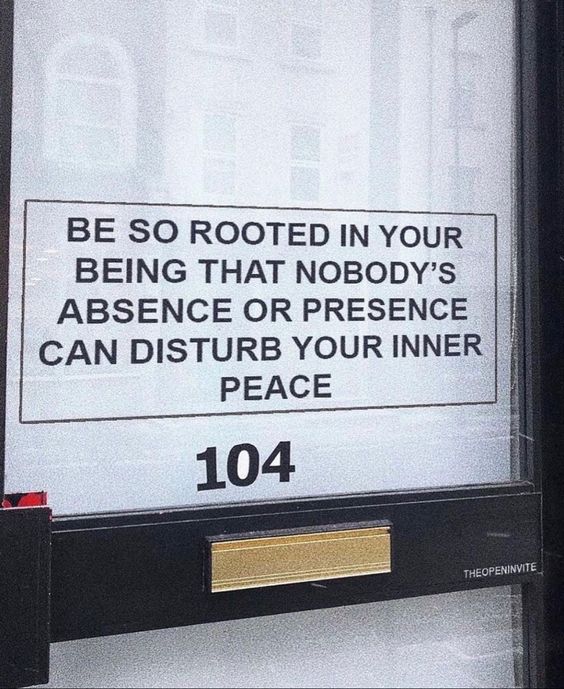“Both peace and joy and their counterparts, non-reactiveness and present moment awareness, all stem from a particular quality of mind, equanimity. When the mind is balanced and steady, when it is taking in the world without clinging to it, when it is simply observing without judging, the mind is in a state of equanimity. The door to access the full beauty of life and the wisdom of the universe is opened by equanimity.”
Yung Pueblo
“Inner peace is not something you assemble externally; it is a perspective in your mind that is anchored in the truth of impermanence. When you deeply understand that all situations change, you cling to everything less. You appreciate the things that are enjoyable, and you are not troubled when they end. You face challenges when they arise, but you know that no storm lasts forever.”
Yung Pueblo
“If you are injured and in pain, the path to mental peace can be traversed in a single step: Simply accept the pain as it arises, while doing whatever you need to do to help your body heal. If you are anxious before giving a speech, become willing to feel the anxiety fully, so that it becomes a meaningless pattern of energy in your mind and body. Embracing the contents of consciousness in any moment is a very powerful way of training yourself to respond differently to adversity. However, it is important to distinguish between accepting unpleasant sensations and emotions as a strategy—while covertly hoping that they will go away—and truly accepting them as transitory appearances in consciousness. Only the latter gesture opens the door to wisdom and lasting change. The paradox is that we can become wiser and more compassionate and live more fulfilling lives by refusing to be who we have tended to be in the past. But we must also relax, accepting things as they are in the present, as we strive to change ourselves.”
Sam Harris, Waking Up (Page 149)
“A lot of what disturbs us from our tranquility is not literal noise. It’s not the pinging of our phone. It’s when we pull up our phone and see what other people are doing, when we have that FOMO or jealousy or we feel inadequate that we’re not accomplishing or achieving the way they are. Because what we’re forgetting is the path that we’re on, we forget what we’re trying to do, we forget what’s important to us.”
Ryan Holiday
“To succeed in the ‘outer world,’ you must discipline yourself to focus and concentrate, work hard at your job, take continuous action toward your goals, and become better and more capable as you move onward and upward in life. To succeed in the ‘inner world,’ however, requires almost the opposite abilities. To achieve inner peace, you must discipline yourself to let go of everything that can disrupt your sense of inner peace and contentment.”
Brian Tracy, No Excuses! (Page 286)
“College can help you be externally successful in life but you have to find ways to be internally successful too. Finding ways to cultivate you inner balance, your peace, and your mental clarity are just as important as getting a good job. When I started meditating daily, it helped my mind feel more peaceful and it opened up my creativity. It also helped deepen my relationship with my wife and friends and family. I didn’t know I was a writer until I started meditating. Even if meditating is not your thing, your inner peace requires you to develop self-awareness, which will help you be less reactive. Find your own way to be self-reflective – journaling, therapy, mindfulness, there is a lot out there that can help you get in touch with your emotional history and your inner world.”
Yung Pueblo
“Inner success is the ability to love yourself completely, to do the work to feel whole and at home within your being, and to decrease the tension in your mind that you have accumulated over the years. Inner success is a deep sense of inner peace and joy that emerges after you have unbound the layers of trauma and old hurt that get in the way of you feeling like the best version of yourself. Outer success is the ability to accomplish the goals that arise in your mind. Specifically, the goals that stand above simple desires, goals that have the power to move your life in a more positive direction. Usually, these goals are in reference to external things like your professional life, creating a good community for yourself, pursuing healthy relationships, and more. Outer success is when you deeply realize that all you can control are your own actions and you turn this into your superpower so you can design your life in the way that you think is ideal. “
Yung Pueblo
“We are always comparing what we are with what we should be. The should-be is a projection of what we think we ought to be. Contradiction exists when there is comparison, not only with something or somebody, but with what you were yesterday, and hence there is conflict between what has been and what is. There is what is only when there is no comparison at all, and to live with what is, is to be peaceful. Then you can give your whole attention without any distraction to what is within yourself—whether it be despair, ugliness, brutality, fear, anxiety, loneliness—and live with it completely; then there is no contradiction and hence no conflict.”
J. Krishnamurti, Freedom From The Known (Page 63)
“One must become poor inwardly for then there is no seeking, no asking, no desire, no—nothing! It is only this inward poverty that can see the truth of a life in which there is no conflict at all. Such a life is a benediction not to be found in any church or any temple.”
J. Krishnamurti, Freedom From The Known (Page 60)
“The only victory lies in surrender to oneself.”
Sheldon B. Kopp, If You Meet Buddha On The Road, Kill Him! (Page 224)
“The Zen way to see the truth is through your everyday eyes. It is only the heartless questioning of life-as-it-is that ties a man in knots. A man does not need an answer in order to find peace. He needs only to surrender to his existence, to cease the needless, empty questioning. The secret of enlightenment is when you are hungry, eat; and when you are tired, sleep.”
Sheldon B. Kopp, If You Meet Buddha On The Road, Kill Him! (Page 187)
“Peace comes—but before it comes, as a prerequisite, you have to create a mental peace around you. The first peace will just be mental; it will be like an autohypnosis; it is created by you. Then one day you will suddenly see that the second peace has surfaced. It has nothing to do with your doing, or with you. In fact, it is deeper than you. It comes from the very source of your being, the unidentified being, the undivided being, the unknown being.”
Osho, Everyday Osho (Page 121)
“It’s hard to think about selflessness when we are struggling. And yet that is exactly what I learned as a monk. Selflessness is the surest route to inner peace and a meaningful life. Selflessness heals the self.”
Jay Shetty, Think Like A Monk (Page 256)
